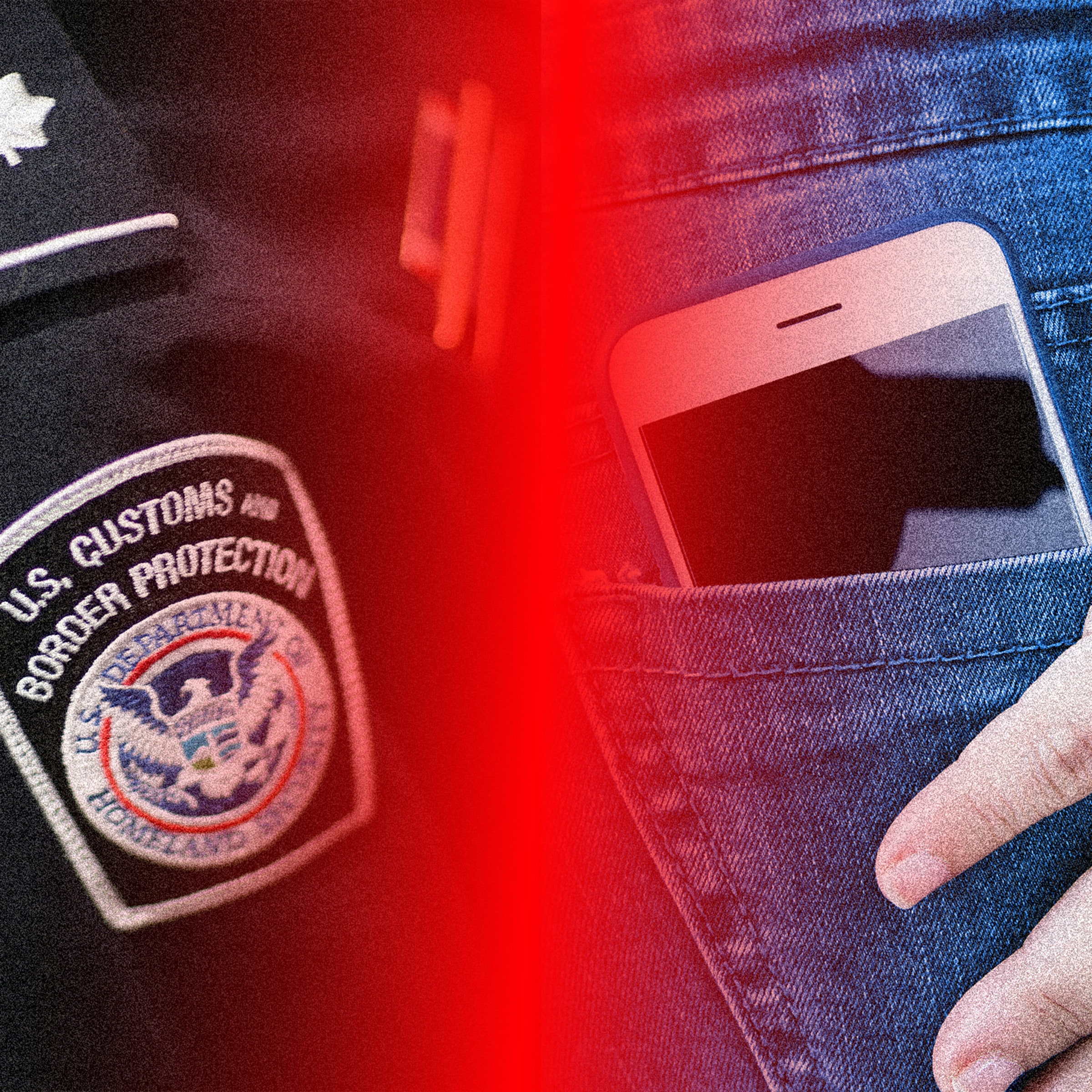How to Protect Yourself From Phone Searches at the US Border
How to Protect Yourself From Phone Searches at the US Border
In recent years, there has been a significant increase in the number of electronic device searches conducted by customs…

How to Protect Yourself From Phone Searches at the US Border
In recent years, there has been a significant increase in the number of electronic device searches conducted by customs and border protection agents at the US border. This has raised concerns about privacy and the protection of personal information.
One way to protect yourself from phone searches at the US border is to limit the amount of sensitive information stored on your devices. Consider using cloud storage or encrypted external hard drives to store sensitive data.
It is also a good idea to regularly back up your data and delete any unnecessary files or applications from your devices before traveling. This can help reduce the amount of personal information that can be accessed during a search.
Another important step is to enable password protection on all your devices, including smartphones, laptops, and tablets. Make sure to use a strong passcode or biometric authentication to prevent unauthorized access.
If you are concerned about the possibility of a phone search at the US border, consider using a burner phone or temporary SIM card for your travel communications. This can help protect your primary device from scrutiny.
Additionally, you may want to consider disabling biometric authentication features such as facial recognition or fingerprint scanning on your devices to prevent border agents from accessing your data without your consent.
It is also important to know your rights when it comes to electronic device searches at the US border. You have the right to refuse a search of your devices, but doing so may lead to further scrutiny or detainment by border agents.
If you believe your rights have been violated during a phone search at the US border, consider speaking to a legal expert or filing a complaint with the appropriate authorities.
Remember to stay informed about current laws and regulations regarding electronic device searches at the US border, as they may change frequently. Being prepared and proactive can help protect your privacy and personal information while traveling.
By following these tips and being aware of your rights, you can safeguard your personal information and prevent unauthorized access to your devices during border crossings.






